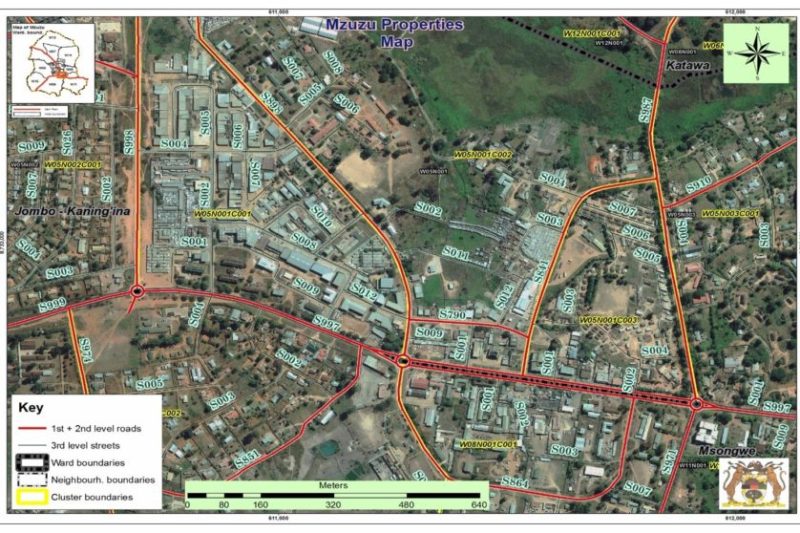In the context of the four urban councils in Malawi, characterized by poor service provision and low tax compliance, the successful implementation of a new reform geared towards increased revenue generation necessitates the establishment of a mechanism to link newly generated revenues to public services. This link would increase tax compliance and garner public support for the expanded taxation through the reform. In response to this imperative, the study was undertaken with the primary goal of exploring models designed to integrate the revenues generated with the provision of essential services.
This project delves into innovative strategies for allocating a specific portion of locally generated revenues to enhance service delivery. Simultaneously, it seeks to present strategies to strengthen institutional oversight of property tax revenue utilization. The study is structured around three key objectives. First, the identification of potential models that strengthen the link between local revenue generation and service delivery. This involves exploring revenue earmarking as a viable approach to ensure that a significant portion of the funds is dedicated to local services. Second, the examination of a feasible proportion of revenues that can be earmarked for local service delivery, including the approach for city councils to decide on an appropriate percentage, balancing fiscal needs with improved service delivery. Third, the project recommends effective governance structures, such as establishing a two-level oversight mechanism and a local oversight committee to enhance transparency and accountability in the administration of earmarked funds.
The methodology employed includes an extensive literature review of existing revenue-earmarking systems in other low-income countries, providing a comparative perspective. This is combined with a qualitative data collection conducted through interviews with key stakeholders in Malawi and analysis of administrative data to inform the recommendations.
This project represents a significant step towards creating a more accountable and service-oriented approach to local revenue management, aiming to directly impact the quality of public services at the local level in Malawi.
Photo credit to Wikimedia Commons




